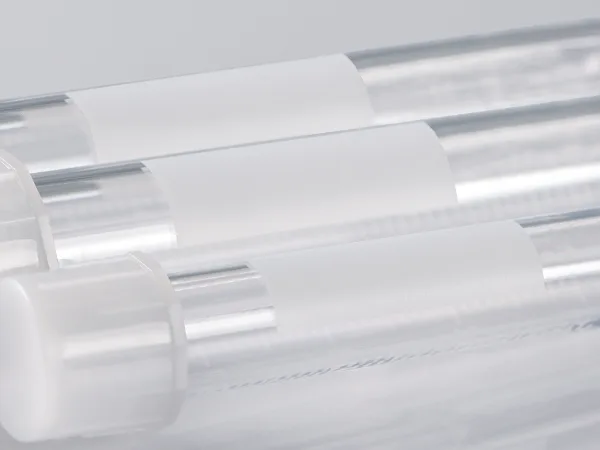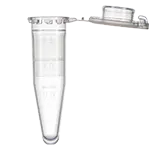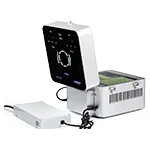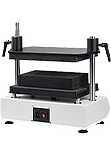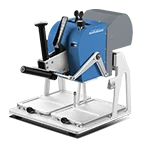Chinese Patented Screw Cap Culture Tube Manufacturer
GenFollower noticed a common issue with traditional plug cap culture tubes: a high risk of spillage during use. As a leading manufacturer in China, we developed the country’s first screw cap culture tube designed to eliminate spillage and secured a patent for our innovation.
- Materials: PS, PP.
- Ideal for bacterial culture.
- Safe for centrifugation, ensuring sample integrity.
- Clear, easy-to-read graduations.
- Expanded white writing area on the tube for ample labeling space.
What makes these culture tubes stand out?
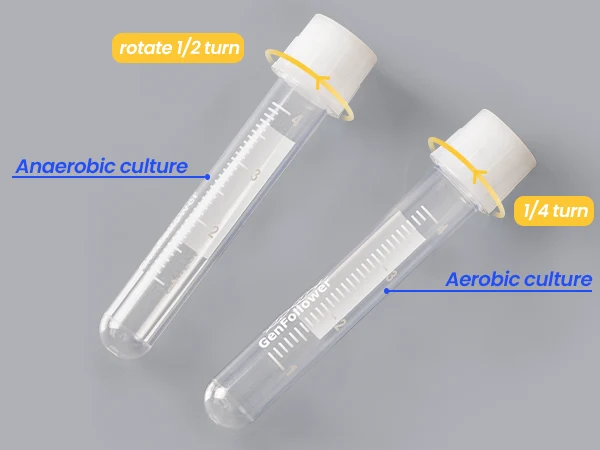
One Tube, Two Purposes
GenFollower’s bacterial culture tubes have two main uses.
a. Aerobic culture: Rotate the cap a quarter turn until you hear the first click. The tube is now ready for aerobic culture.
b. Anaerobic culture: Rotate the cap a half turn until you hear the second click. The tube is now ready for anaerobic culture.
Operation Diagram
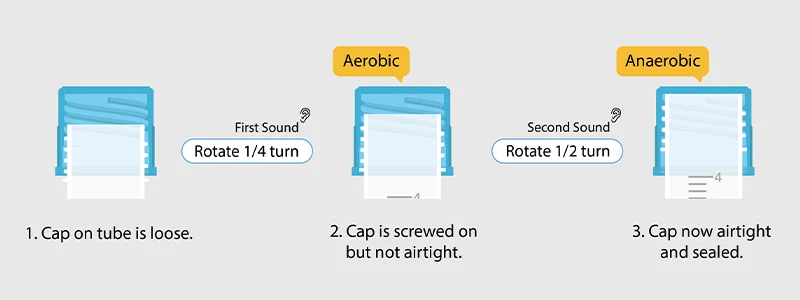
Patent and Certificate
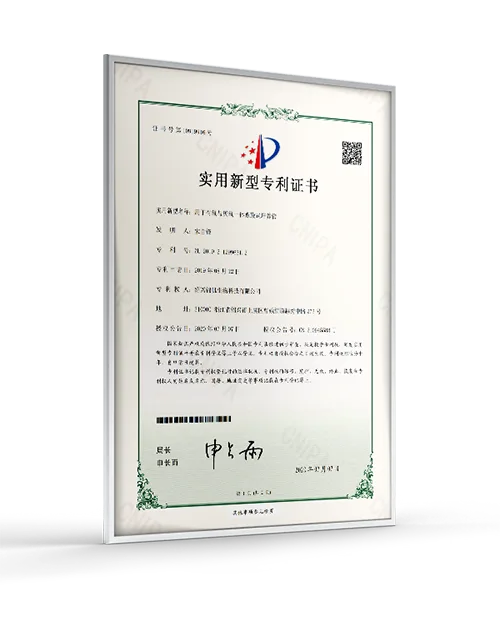
Patent
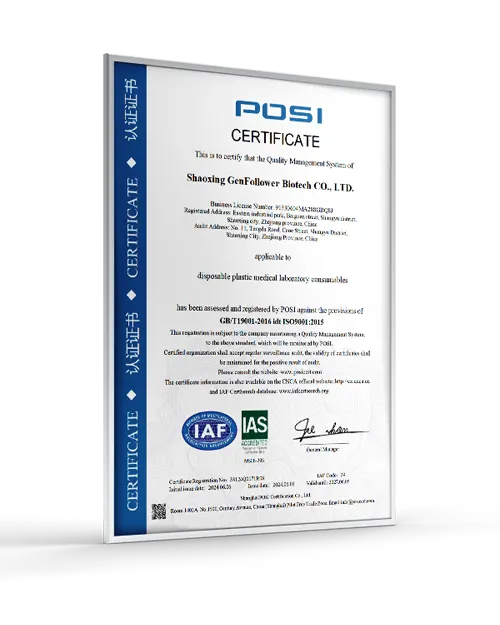
ISO 9001
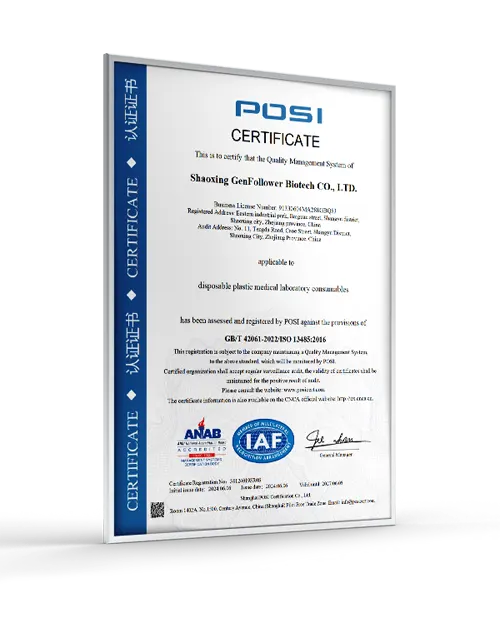
ISO 13485
Clients Testimonials
I’ve had the pleasure of collaborating with GenFollower’s team, and I must say, their professionalism is unmatched. They exhibit a deep understanding of their products and are always willing to go the extra mile to ensure customer satisfaction. It’s clear that they take pride in what they do.
The GenFollower culture tube, designed for both aerobic and anaerobic use, boosts our lab’s efficiency and safety with its multifunctionality and spill-proof design, making it essential to our work.
GenFollower’s innovation in developing screw cap culture tubes has significantly enhanced the cleanliness and safety of our laboratory. Their attention to detail is why we trust GenFollower.

We’re more than happy to help with any questions you might have. Feel free to drop us a message. Thanks for your time!




